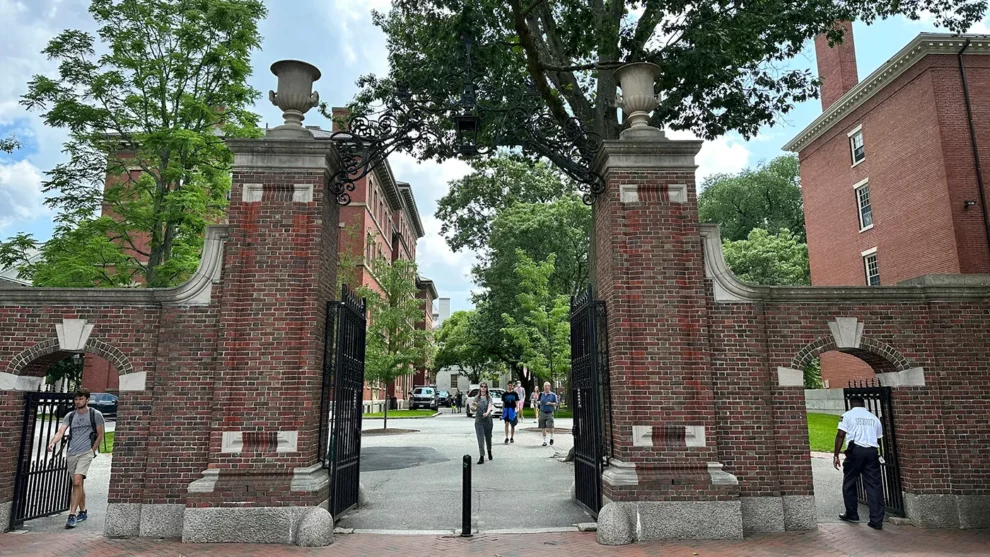A new survey has found that one-third of selective colleges in the United States consider “legacy status” in admissions, a controversial practice criticized for hindering social mobility.
Nearly 600 colleges said they consider “legacy status,” or whether students have a familial tie to an institution, including parents or relatives who are alumni or a sibling who currently attends, according to new data released by the National Center for Education Statistics on Tuesday.
It was the first time the statistical center under the U.S. Department of Education’s Institute of Education Sciences has published data of legacy admissions since it decided to collect information on colleges’ use of legacy status, work experience and personal essays in admissions decisions in 2021.
The data were based on 1,923 selective admissions colleges and collected during the 2022-23 academic year for undergraduate students.
The survey showed that 579 institutions said they considered legacy status in making an admission decision, representing 32 percent of all selective institutions in the country.
Critics said such admissions policies compromised the principle of transparency and contradicted the objective of advancing social mobility, as legacy admissions are often associated with the nation’s most elite universities, such as the Ivy League.
A study by researchers at Harvard University analyzed admissions data of Ivy League colleges in July and found that students from wealthy families were overrepresented in the U.S. highly selective colleges. The researchers called on schools to change admissions policies to increase socioeconomic diversity.










